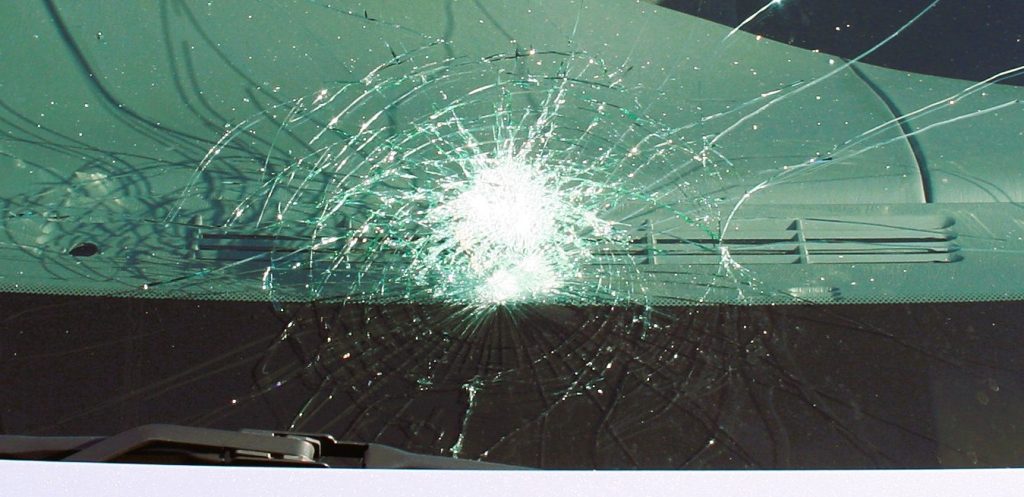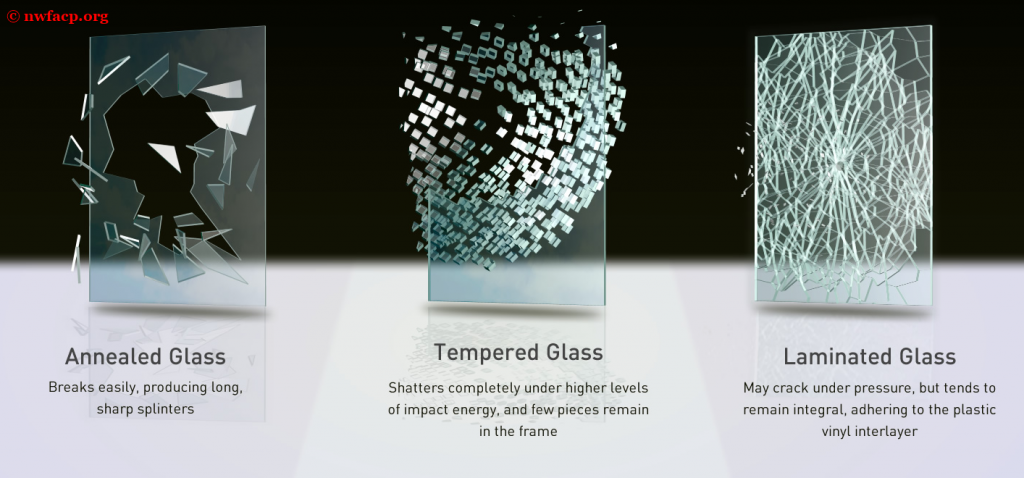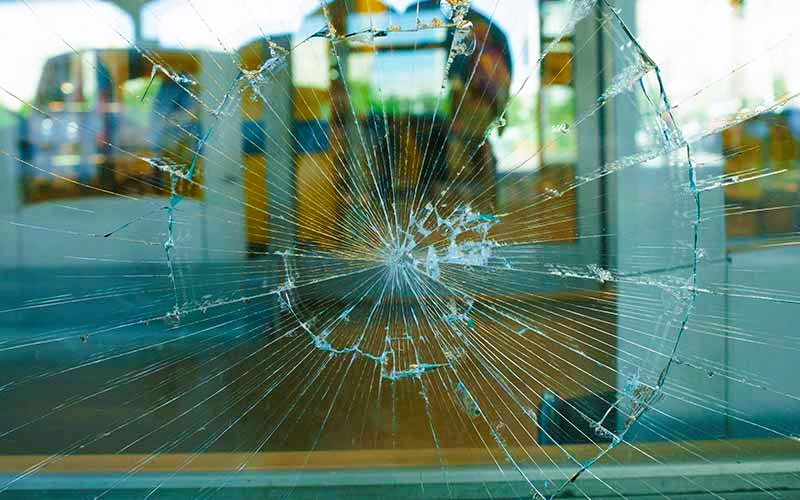Windows are an essential part of any home, providing natural light, ventilation, and a view of the outdoors. However, they are also exposed to various weather conditions, such as rain, sun, and wind, which can cause damage over time. One way to protect your windows and extend their lifespan is through window lamination. In this article, we’ll explore what window lamination is and why it’s necessary for your home.
What is window lamination?
Window lamination is a process of applying a thin layer of film or coating onto the surface of a window. This film or coating is designed to provide additional protection against various weather conditions and other external factors that can damage the window over time.
There are several types of window lamination available, including UV protection films, energy-saving films, and safety and security films. Each type of lamination offers different benefits and can be used for different purposes, depending on the needs of your home.

Why is window lamination necessary?
There are several reasons why window lamination is necessary for your home. Some of the main benefits of window lamination include:
- Protection against UV rays
UV rays from the sun can cause damage to your windows over time, leading to discoloration, fading, and cracking. UV protection films are designed to block out harmful UV rays and prevent this type of damage, helping to extend the lifespan of your windows.
- Energy savings
Energy-saving films are designed to improve the energy efficiency of your windows by reducing heat loss and heat gain. This can help to lower your energy bills and reduce your carbon footprint, making your home more environmentally friendly.
- Safety and security
Safety and security films are designed to make your windows more resistant to impact, helping to prevent break-ins and other types of damage. These films are often used in commercial buildings and other high-risk areas to provide an added layer of protection.
- Aesthetics
Window lamination can also be used to enhance the appearance of your windows, giving them a sleek and modern look. This can help to improve the overall aesthetics of your home and increase its value.
Conclusion
In conclusion, window lamination is an essential part of maintaining the longevity and durability of your windows. Whether you are looking to protect your windows from UV rays, improve energy efficiency, enhance safety and security, or improve the aesthetics of your home, there is a type of window lamination that can meet your needs. By investing in window lamination, you can enjoy the benefits of beautiful and functional windows for years to come. Learn more about balconies vs. loggias in our article on outdoor spaces.

When considering window lamination, it’s important to choose the right type of film or coating for your needs. For example, if you live in an area with harsh sunlight, a UV protection film may be the best choice. On the other hand, if you are looking to improve the energy efficiency of your windows, an energy-saving film may be more appropriate.
It’s also important to have your window lamination installed by a professional. Improper installation can lead to air bubbles, wrinkles, or other defects that can affect the appearance and effectiveness of the lamination.
In addition to the benefits outlined above, window lamination can also help to protect the interior of your home from fading and damage caused by UV rays. This is particularly important for homes with valuable artwork, furniture, or other items that can be affected by sunlight.
When choosing a company to install your window lamination, be sure to do your research and choose a reputable and experienced provider. Ask for references and read reviews from previous customers to ensure that you are getting the best possible service and quality.
Overall, window lamination is an important investment for any homeowner looking to protect and enhance the lifespan of their windows. With the right type of lamination and proper installation, you can enjoy beautiful and functional windows for years to come.

